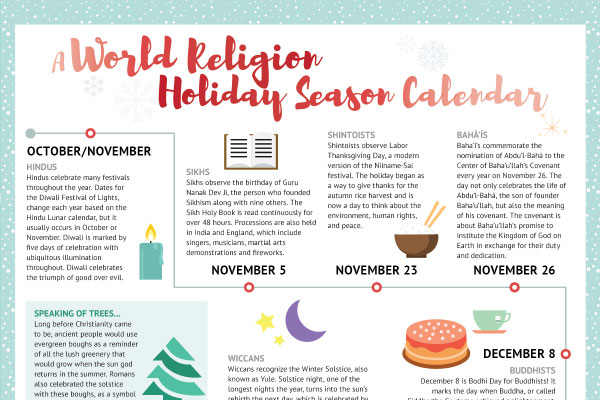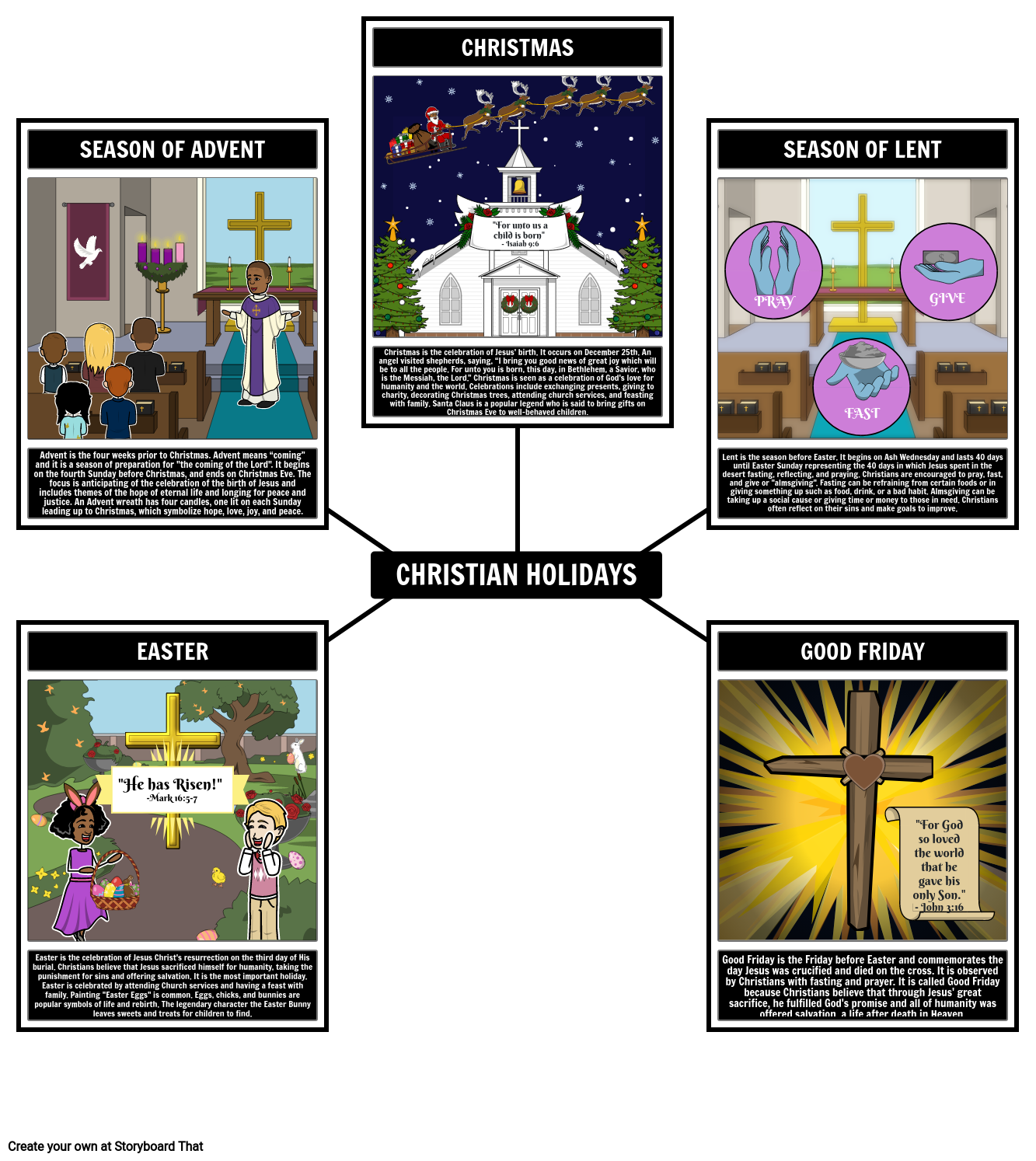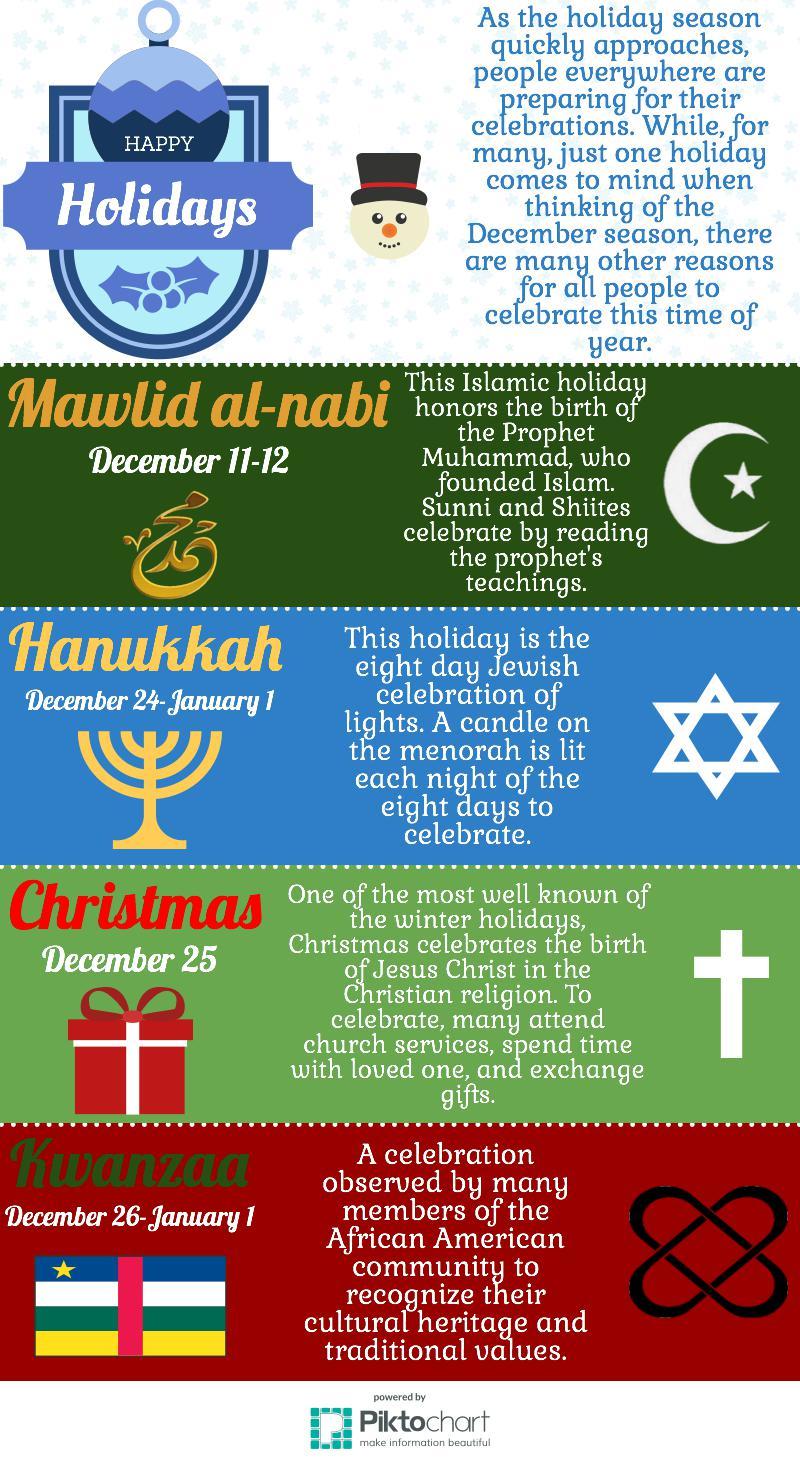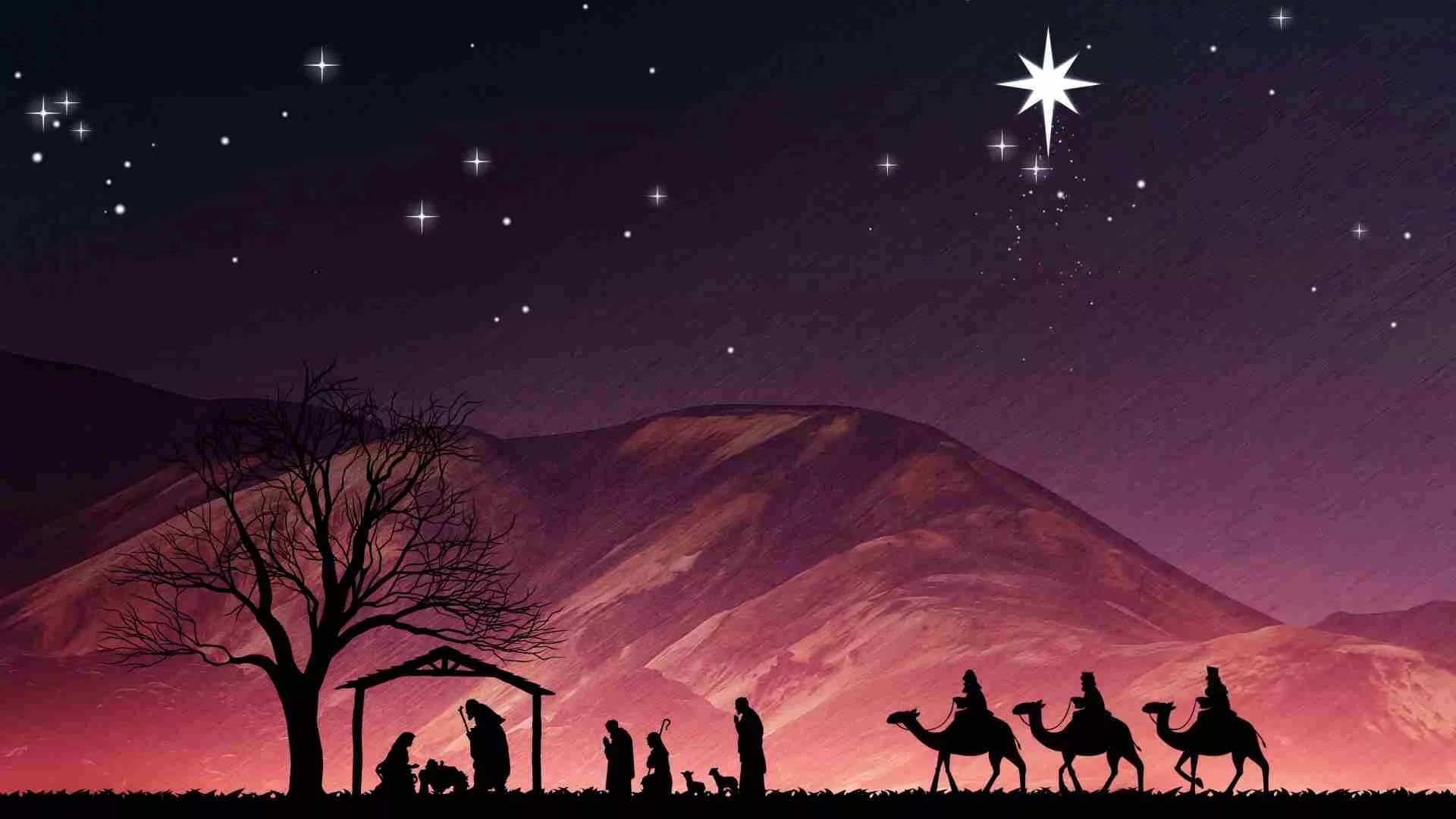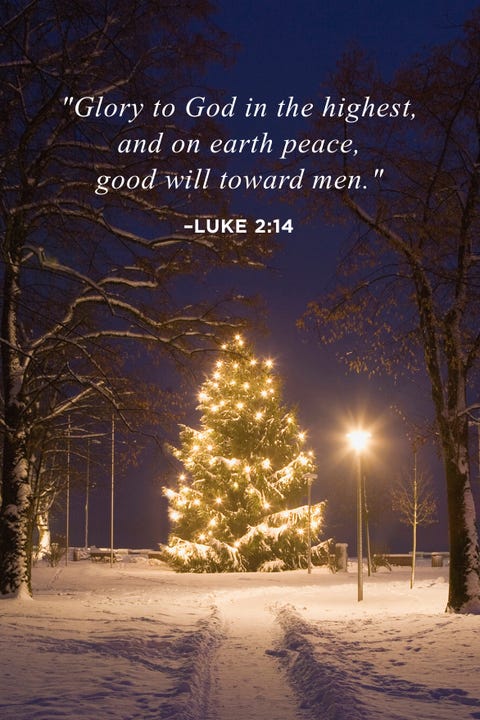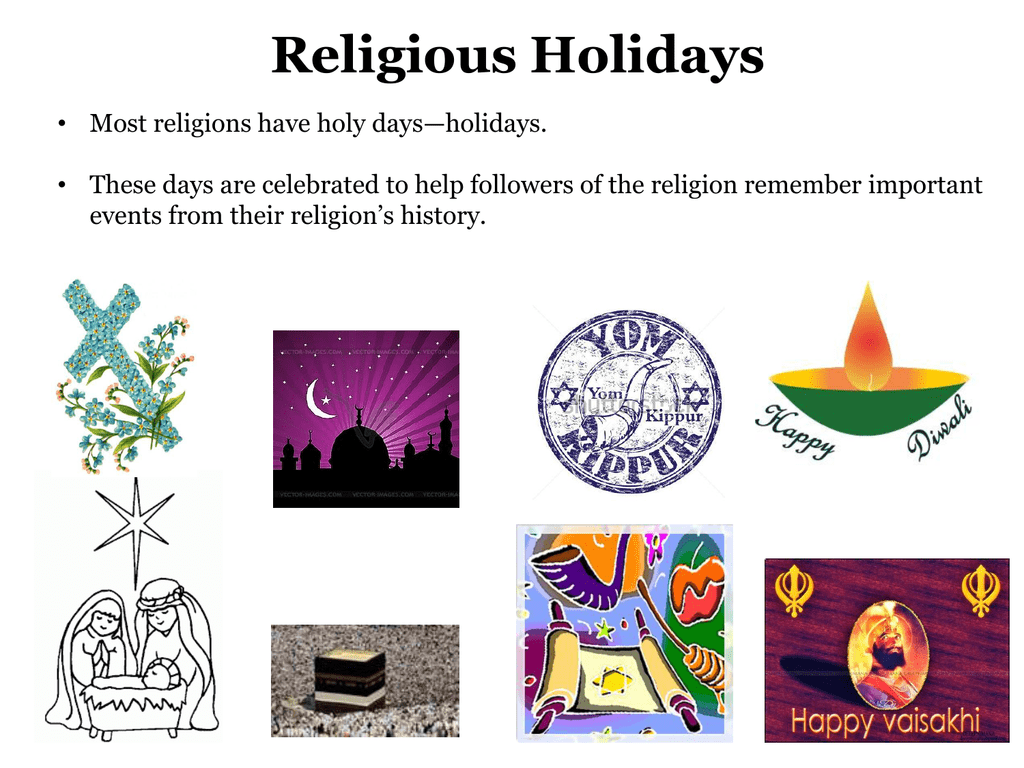
The winter season is a time of celebration for people of many different faiths and cultures. While Christmas is one of the most widely recognized holidays, there are many other significant religious holidays that take place around the same time. Understanding and respecting these holidays can help promote tolerance, appreciation, and unity among people of different backgrounds.
The significance of these holidays varies, but they all share a common thread – they bring people together, foster a sense of community, and provide an opportunity for spiritual reflection and growth. In this article, we'll explore some of the major religious holidays that take place around Christmas time, including their history, traditions, and cultural significance.
Hanukkah: The Jewish Festival of Lights

Hanukkah is an eight-day Jewish holiday that usually falls in late November or December. It commemorates the rededication of the Second Temple in Jerusalem during the Maccabean Revolt of the 2nd century BCE. According to tradition, a small group of Jewish rebels, led by Mattathias and his five sons, recaptured the temple from the Syrian-Greek army. When they went to rededicate the temple, they found a single jar of oil that had been left untouched by the invaders. The oil was only enough for one day, but miraculously, it lasted for eight days, allowing the Jews to prepare new oil.
During Hanukkah, Jews around the world light the hanukkiah, a special candelabrum with nine branches, to symbolize the miracle of the oil. They also exchange gifts, eat traditional foods like latkes and sufganiyot, and engage in various festivities.
Kwanzaa: A Celebration of African-American Heritage
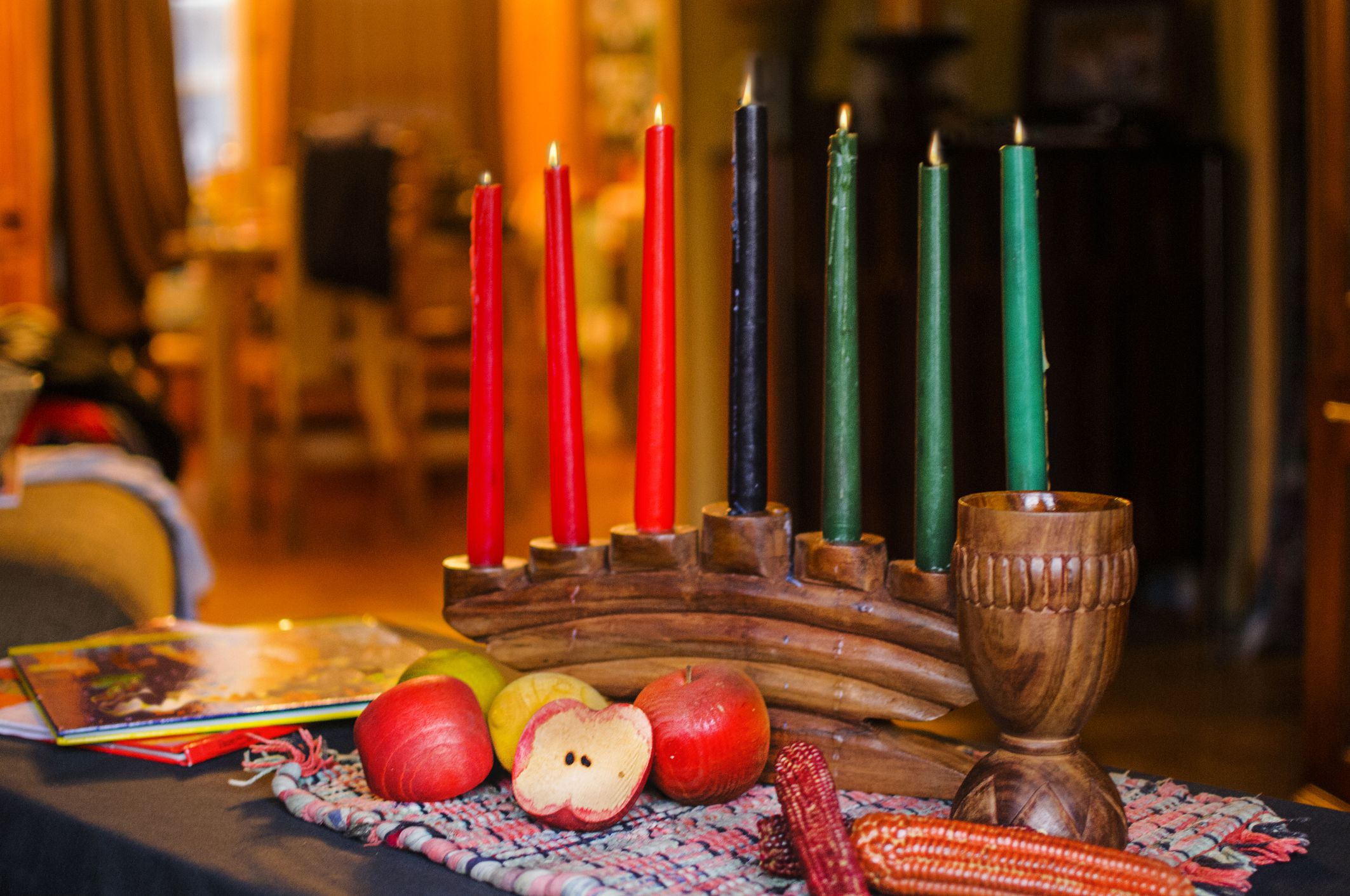
Kwanzaa is a week-long celebration honoring African-American culture and heritage. It was created in 1966 by Maulana Karenga, an African-American scholar and activist, as a way to promote unity and self-determination among African-Americans. Kwanzaa is observed from December 26 to January 1, and its name is derived from the Swahili phrase "matunda ya kwanza," which means "first fruits."
During Kwanzaa, families gather to light the kinara, a seven-branched candleholder, and reflect on the seven principles of Kwanzaa, known as the Nguzo Saba. These principles are values of African culture that emphasize the importance of community, self-determination, and social responsibility. Kwanzaa is also a time for gift-giving, feasting, and celebrating African-American culture through music, dance, and art.
Yule: A Winter Solstice Celebration
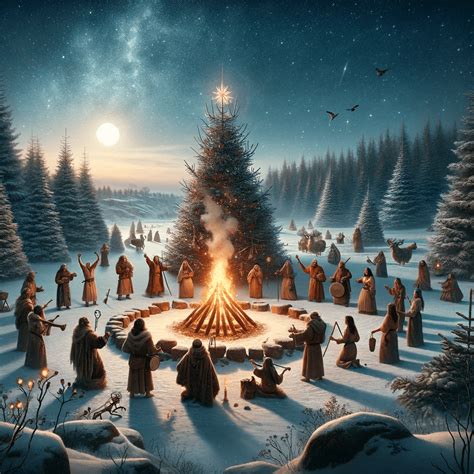
Yule, also known as Winter Solstice, is one of the oldest and most significant pagan holidays. It takes place on December 21 or 22 in the Northern Hemisphere and marks the longest night of the year. Yule is a celebration of the sun's return and the lengthening of days.
In pre-Christian Europe, Yule was a time of feasting, singing, and gift-giving. People would light fires and candles to symbolize the return of the sun, and they would exchange gifts to promote goodwill and friendship. Today, many modern pagans and Wiccans continue to celebrate Yule with rituals, ceremonies, and feasting.
Omisoka: A Japanese New Year's Eve Celebration
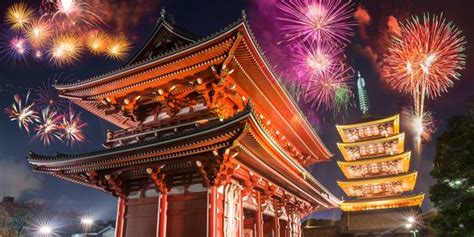
Omisoka is the Japanese New Year's Eve celebration, which takes place on December 31. It is a time for reflection, gratitude, and renewal. According to tradition, omisoka is a time to visit shrines and temples, clean the house, and prepare for the new year.
One of the most iconic omisoka traditions is the bell-ringing ceremony, where people gather at temples to ring large bells 108 times to symbolize the 108 earthly desires that Buddhists believe humans must overcome to achieve enlightenment. Omisoka is also a time for family reunions, feasting, and gift-giving.
Las Posadas: A Mexican Christmas Celebration
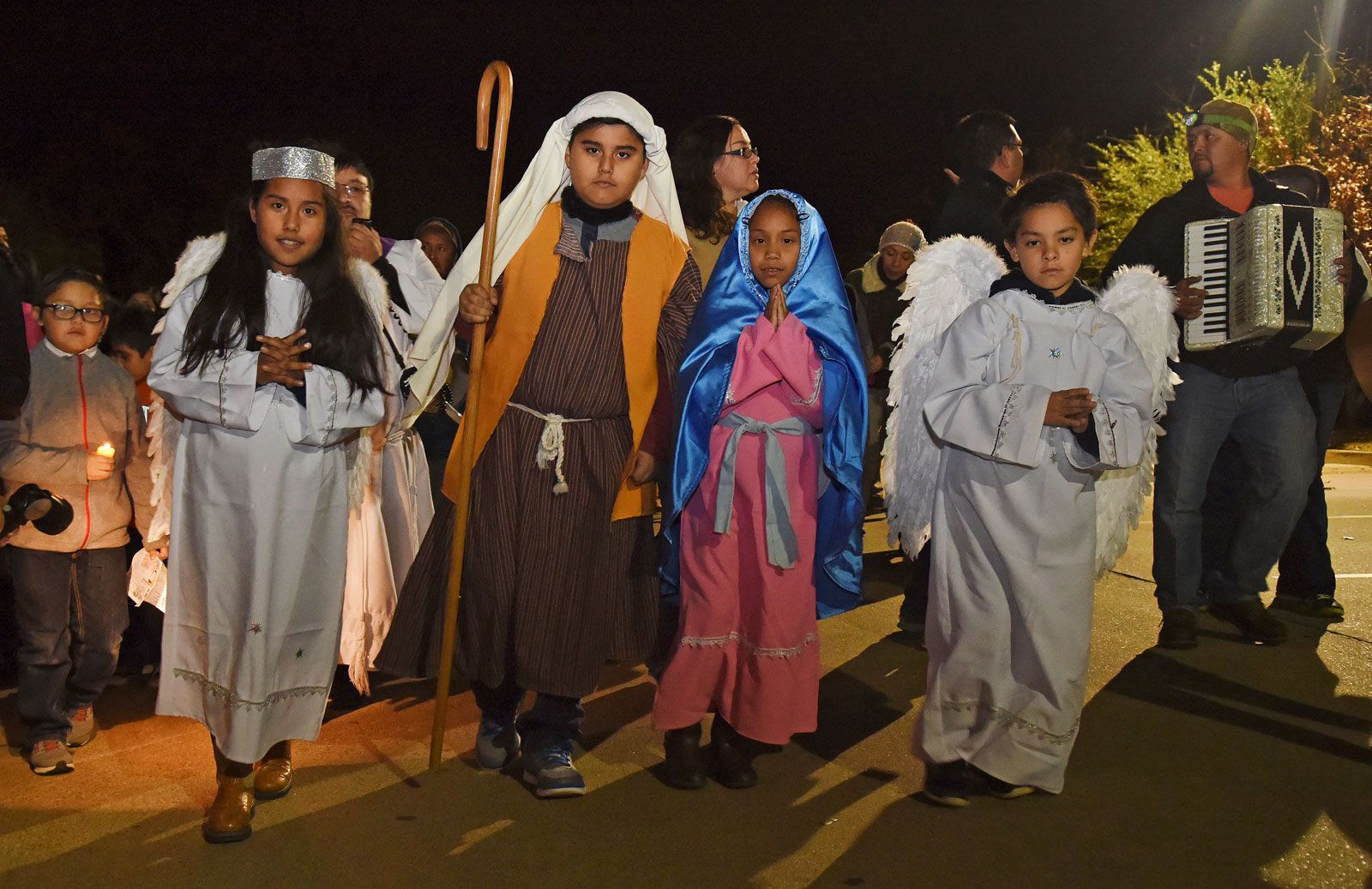
Las Posadas is a nine-day Mexican Christmas celebration that begins on December 16 and ends on Christmas Eve. The celebration commemorates the journey of Mary and Joseph as they searched for lodging in Bethlehem.
During Las Posadas, families and friends reenact the journey, going from house to house, asking for shelter and singing traditional Christmas carols. The celebration is a time for food, drink, and merriment, and it is an important part of Mexican culture and tradition.
St. Lucia Day: A Scandinavian Winter Festival
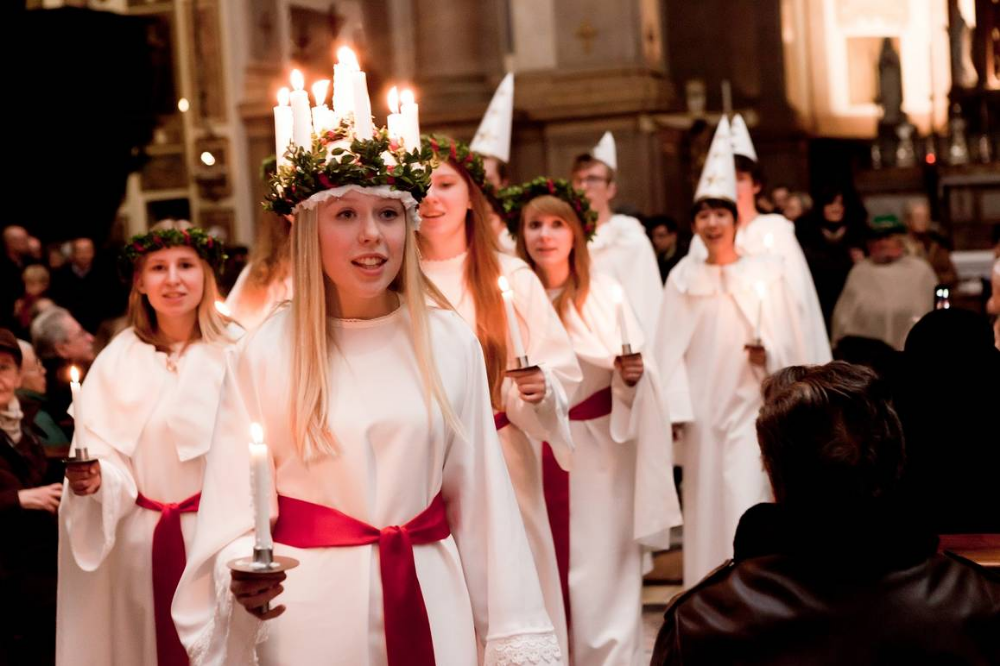
St. Lucia Day is a Scandinavian winter festival that takes place on December 13. It is a celebration of light and hope during the darkest time of the year. According to tradition, St. Lucia was a 4th-century martyr who brought food and aid to persecuted Christians.
During St. Lucia Day, girls dressed in white robes and crowns of candles sing Christmas carols and distribute treats to family and friends. The celebration is a time for feasting, singing, and merriment, and it is an important part of Scandinavian culture and tradition.
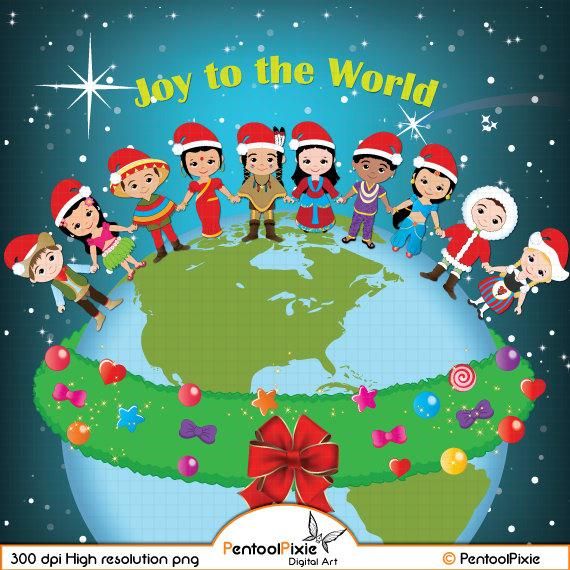
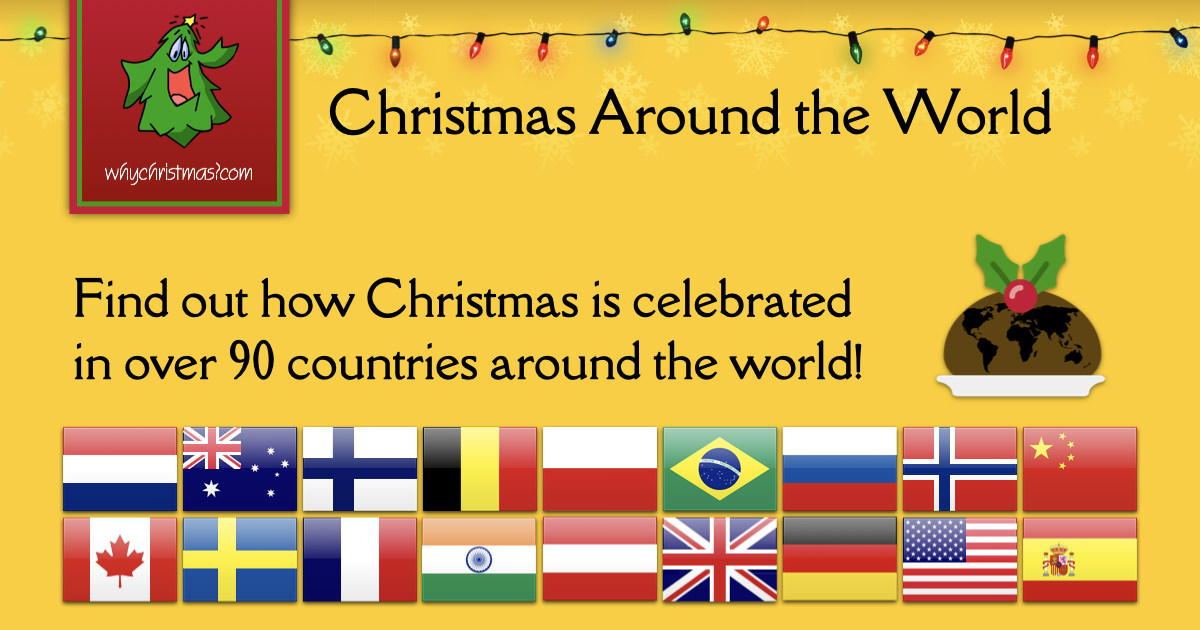
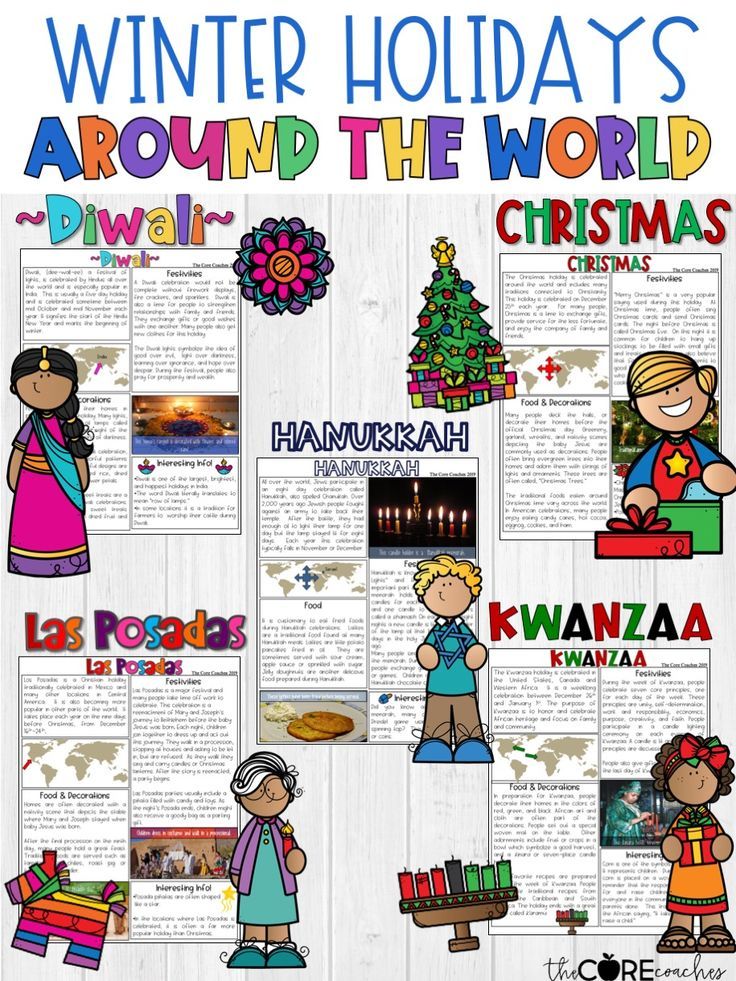
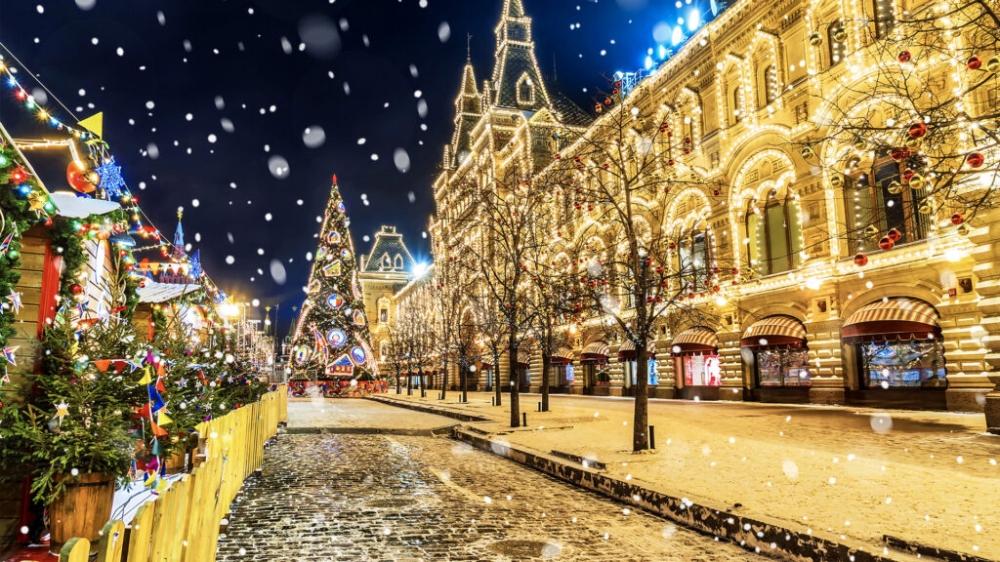
What is the significance of Hanukkah?
+Hanukkah is a Jewish holiday that commemorates the rededication of the Second Temple in Jerusalem during the Maccabean Revolt of the 2nd century BCE. It is a celebration of faith, courage, and the miracle of the oil that burned for eight days.
What is Kwanzaa, and how is it celebrated?
+Kwanzaa is a week-long celebration honoring African-American culture and heritage. It is observed from December 26 to January 1, and it involves lighting the kinara, a seven-branched candleholder, and reflecting on the seven principles of Kwanzaa, known as the Nguzo Saba.
What is the significance of Yule?
+Yule, also known as Winter Solstice, is a pagan holiday that marks the longest night of the year. It is a celebration of the sun's return and the lengthening of days. Many modern pagans and Wiccans continue to celebrate Yule with rituals, ceremonies, and feasting.
As we celebrate the holiday season, let us remember the diversity of traditions and cultures that make our world so rich and vibrant. By learning about and respecting these holidays, we can promote tolerance, appreciation, and unity among people of different backgrounds. Whether you celebrate Christmas, Hanukkah, Kwanzaa, or another holiday, the spirit of the season is one of love, kindness, and generosity. Let us embrace this spirit and make the world a brighter and more compassionate place.
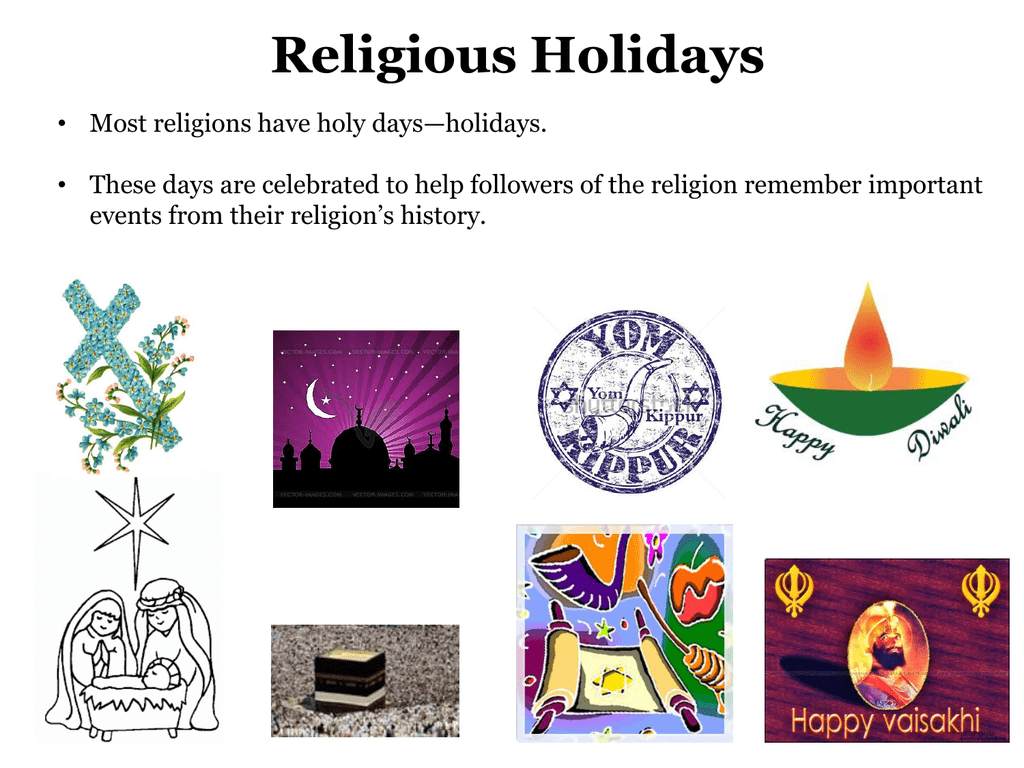
/cdn.vox-cdn.com/uploads/chorus_image/image/65929829/merlin_240433.0.jpg)
